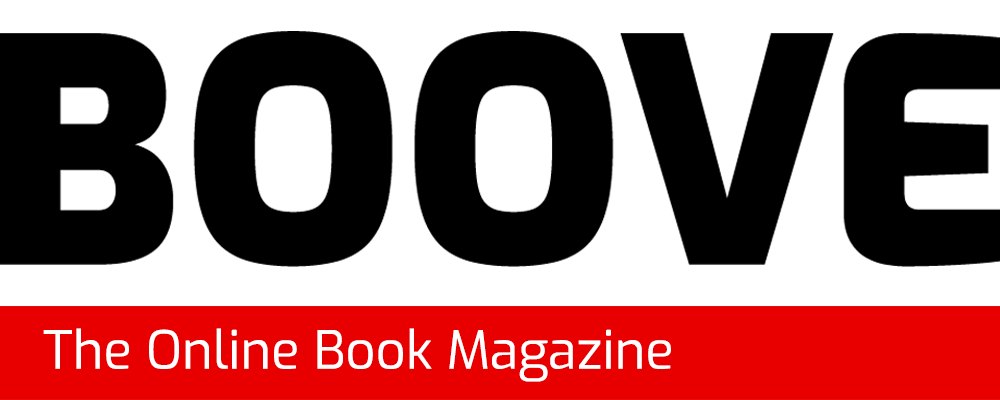Photo by Romain Vignes on Unsplash
For anyone looking to start or grow a business in today’s fast-paced world, Eric Ries’ The Lean Startup offers a powerful and actionable methodology. It’s one of those rare books that blends strategic thinking with practical advice, making it a must-read for entrepreneurs, startup founders, and anyone involved in business development.
Whether you’re launching a new product, service, or venture, The Lean Startup provides the tools and frameworks to do so with agility, minimizing wasted resources and optimizing for long-term success. In this review, we’ll dive into the core principles of the book and explore why it’s so relevant for entrepreneurs in the modern business landscape.
The Lean Startup: Key Concepts and Takeaways
- Build-Measure-Learn: A Continuous Feedback Loop
The heart of the Lean Startup methodology is the Build-Measure-Learn feedback loop. Rather than spending months or years developing a product or service behind closed doors, Ries suggests a more dynamic approach. Build a minimum viable product (MVP)—a simplified version of your product that includes just enough features to test your business hypotheses—and put it out in the market as quickly as possible.
Once your MVP is live, the next step is to measure its success by collecting data, feedback, and insights from early customers. Then, learn from the data: did the product solve the problem it was intended to? Did customers respond positively? This feedback loop ensures that your business model and product development are grounded in real-world data rather than assumptions, ultimately leading to better decision-making and resource allocation.
For entrepreneurs looking to validate ideas and avoid the common pitfall of building something that doesn’t meet customer needs, the Build-Measure-Learn approach provides a blueprint for efficiently testing and improving ideas.
- The Minimum Viable Product (MVP)
One of the most powerful concepts in The Lean Startup is the idea of the Minimum Viable Product. Many entrepreneurs waste time and resources trying to perfect their product before ever releasing it to the market. Ries challenges this notion by encouraging business owners to create an MVP—just enough to start the learning process and gather feedback.
This approach helps entrepreneurs avoid wasting valuable time on features that customers may not even care about or need. By getting the product out quickly, entrepreneurs can start learning what works, what doesn’t, and what needs to change, allowing them to improve rapidly rather than languishing in development.
- Validated Learning: Making Data-Driven Decisions
A key theme of The Lean Startup is validated learning, which focuses on measuring progress through actionable metrics, not vanity metrics (like how many people signed up or how many likes a post received). Ries emphasizes the importance of defining what success looks like early on and then creating experiments to validate your business assumptions. By using real data to guide decision-making, entrepreneurs can pivot or persevere based on objective insights.
For entrepreneurs running small or medium-sized businesses, this data-driven approach is incredibly valuable. Instead of relying on gut feelings or industry trends, Ries encourages entrepreneurs to test assumptions and adjust course accordingly, ensuring that resources are spent on ideas with real potential.
- Pivot or Persevere: Knowing When to Change Course
A critical aspect of the Lean Startup approach is knowing when to pivot. According to Ries, a startup should be agile enough to change direction when necessary—without feeling like it’s failing. Whether it’s altering your product, business model, or target market, being able to pivot is essential to long-term success.
However, pivoting should not be done lightly. Entrepreneurs should gather enough data and insights before making significant changes. The key is to know when to persevere with your current plan and when to adjust based on feedback.
- Innovation Accounting: Measuring What Matters
Traditional accounting focuses on financial measures like revenue and profit, but The Lean Startup introduces a concept called innovation accounting. This framework measures progress in terms of learning milestones, helping entrepreneurs determine whether their startup is making real progress. Instead of focusing solely on financials, innovation accounting encourages startups to track key metrics related to customer engagement, product iteration, and market fit.
For businesses that are still in the early stages, this focus on learning milestones rather than traditional financial goals can provide a clearer picture of whether the startup is moving in the right direction.
Why “The Lean Startup” is Essential for Entrepreneurs
- Reduces Risk and Waste
One of the most significant benefits of the Lean Startup methodology is its ability to reduce risk and avoid waste. Many startups fail due to spending too much money and time on ideas that don’t resonate with customers. By validating assumptions early, entrepreneurs can adjust and refine their products before fully committing resources, saving both time and capital. - Encourages Innovation and Flexibility
The book fosters a culture of innovation and flexibility, where failure isn’t viewed as the end, but as a stepping stone to success. The ability to pivot and adapt is critical for entrepreneurs who often need to navigate an unpredictable business environment. - Applicable to All Types of Businesses
Though aimed primarily at tech startups, the Lean Startup principles are universal and can be applied to virtually any business or industry. Whether you’re launching a software product, a new service, or a retail business, Ries’ methodology helps entrepreneurs take calculated, data-driven steps toward success. - Focus on Customer-Centric Development
At its core, the Lean Startup methodology centers around the customer. By constantly testing and iterating based on customer feedback, startups can ensure that they are building products that truly solve customer problems, rather than assuming they know what customers want.
Final Thoughts: A Must-Read for Entrepreneurs
Eric Ries’ The Lean Startup is a foundational text for any entrepreneur or business owner who wants to build a scalable, sustainable business. Its emphasis on validated learning, rapid testing, and customer feedback is critical for anyone looking to navigate the unpredictable world of startups.
For business owners, especially those working in industries where speed and adaptability are key, adopting a Lean Startup approach can reduce unnecessary risks and position your company for long-term growth.
If you’re just starting your entrepreneurial journey, or even if you’re already established but looking to improve your business development process, “The Lean Startup” will give you the tools, mindset, and confidence you need to succeed in the fast-evolving marketplace.



